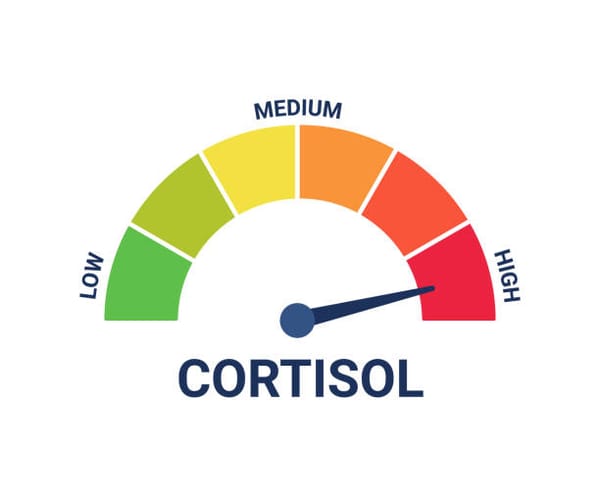Do you have a clogged lymphatic system?

We now know a clogged lymphatic system can lead to chronic dysfunction, illness and disease. Your cells are simply unable to function correctly.
Your daily activities and quality of life can become affected!
We have reviewed how to identify if your lymphatic system is clogged or unable to keep up with the toxic substances in your body:
But what can trigger signs and symptoms of a lymphatic system that is overwhelmed or even obstructed? LIFE!
But let’s get more specific…
When your drain at home is clogged, you call a plumber to unclog it and flush it.
When your lymphatic system is clogged, it requires a therapist to apply manual therapy to promote drainage of lymph so it gets filtered. It also requires teaching you a few things you can do at home to promote continuous drainage.
Stay tuned for a video from Lymphatics Canada to learn a super easy, fast and fun way to #loveyourlymphatics daily.
If you have any questions about how your lymphatic system may be impacting your health, contact:
Joanne Ratte, RMT/MLD/CDT/ALT
Joanne@[email protected]




